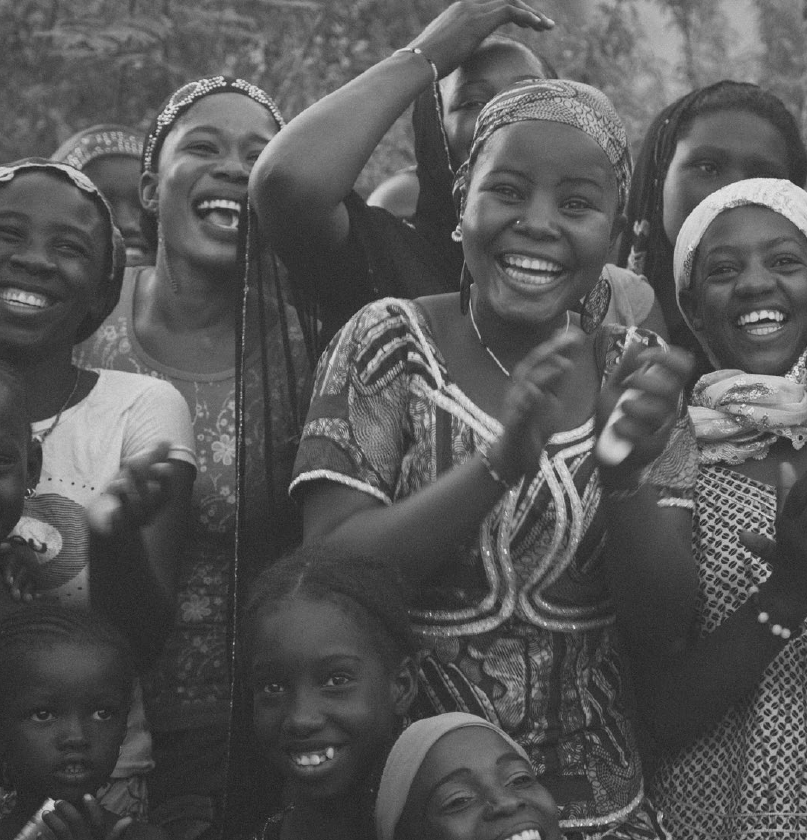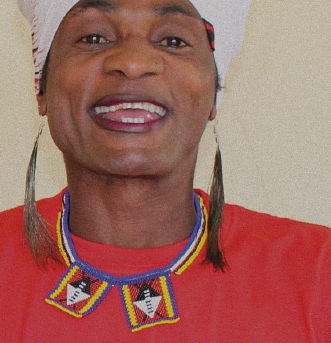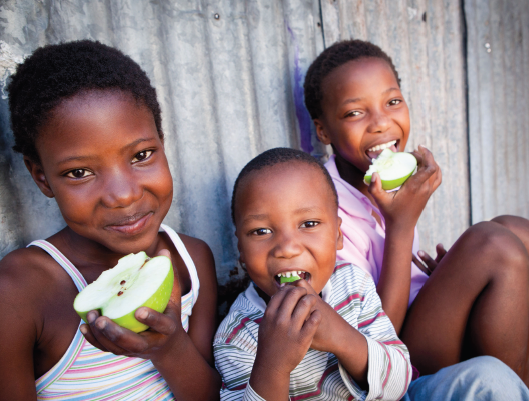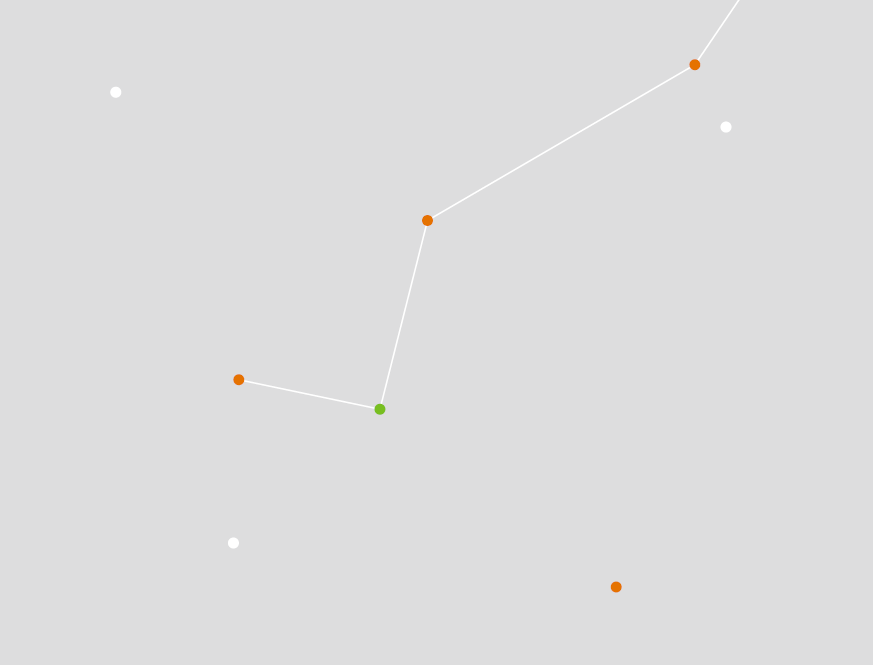What Works Evidence Review: Intersections of Violence Against Women and Violence Against Children Evidence Review
This evidence review by Emma Fulu, Sarah McCook, and Kathryn Falb examines the intersections between violence against women (VAW) and violence against children (VAC), both of which are critical human rights and public health issues. Globally, one in three women experiences intimate partner or non-partner violence, while six in ten children experience physical punishment, and around 12% experience sexual abuse. The review situates these issues within the Sustainable Development Goals, highlighting Targets 5.2, 5.3, and 16.2.
The review highlights that VAW and VAC often share risk factors, social norms, and intergenerational cycles of abuse. Violence intersects at multiple life stages, particularly adolescence, where child marriage, female genital mutilation, and exposure to intimate partner violence may simultaneously constitute both VAW and VAC. Recognising these intersections creates opportunities for integrated prevention and response strategies that are sensitive to context and life stage.
The review provides clear policy guidance, including addressing harmful gender norms, prioritising adolescent-focused interventions, tackling shared risk factors such as alcohol misuse, and building girls’ agency to delay early marriage and childbearing. It also calls for greater collaboration across VAW and VAC prevention fields, investment in research on cumulative impacts and resilience, and rigorous measurement of both forms of violence. These insights provide a critical foundation for programs and policies that prevent violence against women and children worldwide.



